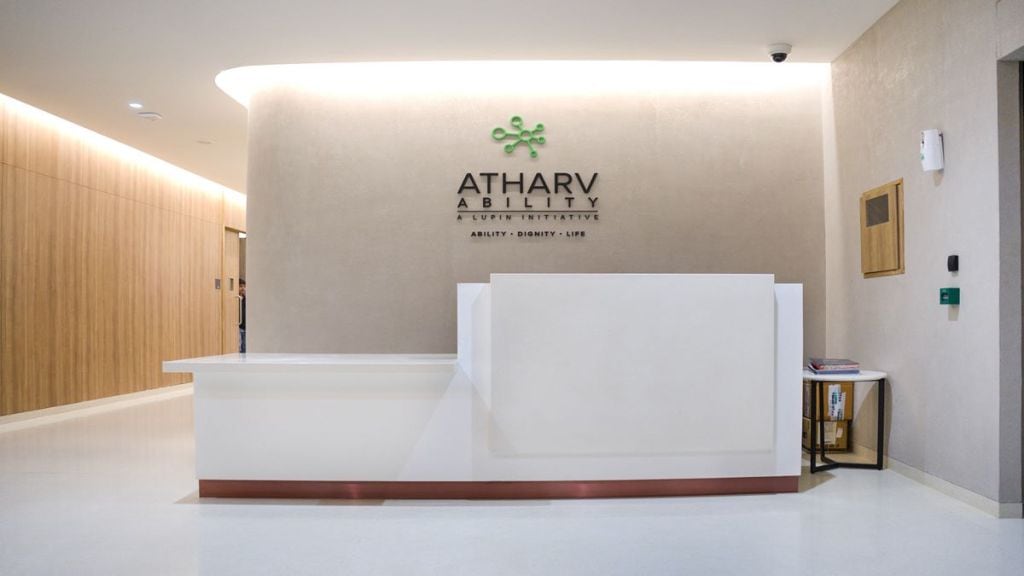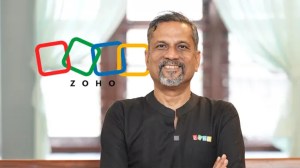The burden of neurological disorders is rapidly increasing in India. According to the World Health Organization (WHO), neurological disorders are the leading cause of disability-adjusted life years and the second leading cause of death across the world.
These are the group of diseases that usually affect the central and peripheral nervous system which include the brain, spinal cord, cranial nerves, peripheral nerves, nerve roots, autonomic nervous system, neuromuscular junction, and muscles.
A 2021 study published in The Lancet journal revealed that there is a high burden of diseases including stroke, epilepsy, headache, Parkinson’s disease, and dementia and most of the cases are from the Urban population.
The study also highlighted that the burden of non-communicable neurological disorders is reaching a substantial proportion of the total DALYs in India, with a growing percentage of the aging population. As people living with disability are more vulnerable, proper rehabilitation facilities can help in providing various interventions that will reduce disability, activity limitation, and participation restriction. Moreover, studies have shown that rehabilitation facilities improve functional outcomes among disabled individuals and are cost-effective, even in resource-limited settings.
A 2019 study has revealed that there were 1.29 million incident cases of stroke, 106,600 cases of multiple sclerosis, 771,000 cases of Parkinson’s disease, 25000 cases of motor neuron disease, 49,300 cases of brain and CNS cancer, and 7.6 million cases of traumatic brain and spinal cord injury in India. Consequently, the burden of neurological disorders requiring rehabilitation services in India is quite high. According to WHO estimates, only 5%–15% of disabled individuals in LMICs have access to assistive devices. Moreover, neurorehabilitation services are still at a nascent stage with only a limited number of qualified professionals offering these services in countries like India.
In February this year, Mumbai-headquartered pharma major Lupin announced the launch of a neuro-rehabilitation centre- Atharv Ability. During the launch, the company had stated that the first-of-its-kind robotic and computer-assisted, multi-disciplinary neuro-rehabilitation centre is one of the most advanced rehabilitation centres in the country.
The Atharv Ability centre is situated in Bandra Kurla Complex (BKC) in the financial capital of the country, Mumbai. With 25 trained doctors and physiotherapists, the centre itself spans about 12,000 square feet.
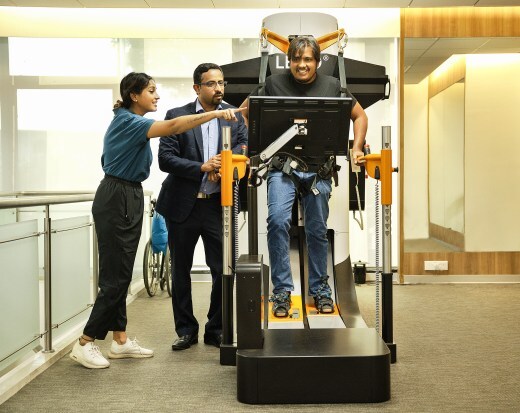
Why Atharv Ability?
While sharing insights about the centre, Sumita Mohapatro Pani, Vice President, Lupin Ltd told Financial Express.com that inspiration comes from the challenges that people living with neurological disabilities often face every second of their life. Pani highlighted that she wanted to offer the best possible clinical practice and care to such patients under one roof.
“The discussions started with what can we do more for the patients apart from offering the medications…We wanted to do something specific in the neurology space…then we started thorough research on the landscape of the neurology space and what is the need gap…and it was pretty long. We met doctors, and patients and some of the stark reality came out that neurology disorders actually contribute the highest to the Disability Adjusted Life Years (DALY)…if such patients do not undergo rehabilitation, they continue to live with disabilities,” Pani told Financial Express.com.
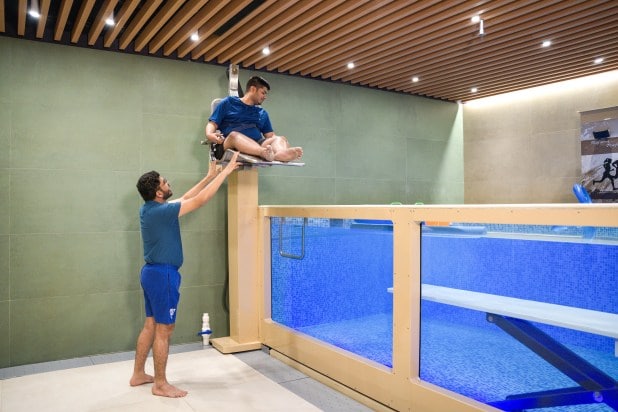
She also informed that although we have adequate hospitals where stroke patients are treated very well, post-discharge care is a big concern. “…such patients require multi-disciplinary rehabilitation like neuro-physiotherapy, speech therapy, cognitive therapy, aqua-therapy etc. and various modalities are required. The few centres that are currently there in some parts of the country are not comprehensive enough. So, the patients have to move from one centre to another to get different facilities…So, we thought that we should fill in the gap,” she said.
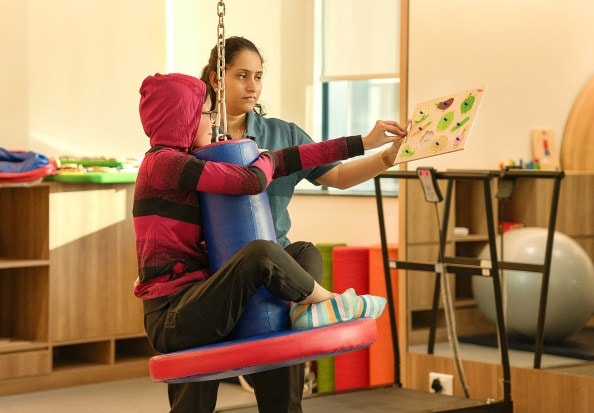
She also said that since the launch of Atharv Ability, they have got positive feedback not just from the patients but also from the neurologists. “By now, we have already treated over 1000 patients and we have been able to improve their abilities, maximise their functions and help them in getting back into their lives,” she added.
‘Plans to launch more Atharv Ability centres across India’
While sharing details about her vision for Atharv Ability, Pani told Financial Express.com that their vision is to give Atharv Ability to every patient with a neurological disorder. She also informed that they are planning to launch more centres across various parts of the country.
“…as the need gap is highest in neurology space, we want to concentrate on this only as the need gap in this segment is extremely high,” she revealed.
When asked about the cost and affordability, Pani revealed that their mission has always been affordability and accessibility and that’s one of the key thoughts and ethos of Atharv Ability.
“When you would take a walk around, you will see, that we are offering state-of-art equipment for the first time in India here. We have the best of the trained experts like Dr. Gaurish and despite that, our session charges are very affordable,” she added.
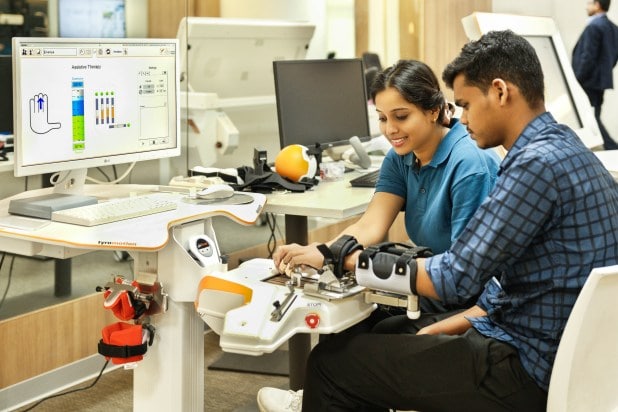
The Atharv Ability centre situated in Mumbai provides comprehensive rehabilitation services to individuals with neurological disorders, helping them to achieve their full potential in terms of physical, cognitive, and emotional functioning. Moreover, it has integrated haptic senses to stimulate sensory systems, creating a warm, energized, and motivational environment that enhances therapy outcomes. Additionally, it has different dedicated sections for various therapies, each with comforting design elements that play a crucial role in patient therapy, recovery, and overall comfort.
‘Centre is catering to patients of all ages’
Dr. Gaurish Kenkre, General Manager, Atharv Ability told Financial Express.com that the rehabilitation centre is catering to patients of all ages who are living with neurological disabilities.
“We deal with a lot of road traffic patients with head injury, spinal injury, lot of young people with these incidents come here who get paralysed. We also deal with a lot of degenerative problems of the brain like multiple sclerosis, Parkinson’s disease, dementia…so all these adult patients come here. Also, we have…since neurology and spine are closely associated…we have a lot of spinal equipments. We also deal with patients who have back pain, and neck pain in adults. In pediatrics, we have patients with cerebral palsy, patients with hypersensitivity…we have sensory integration area for them. So, there are a lot of problems that we cater to,” he told Financial Express.com.
While giving a tour of the centre, Dr. Kenkre told Financial Express.com that the centre offers a variety of rehabilitation therapies all in one convenient location.
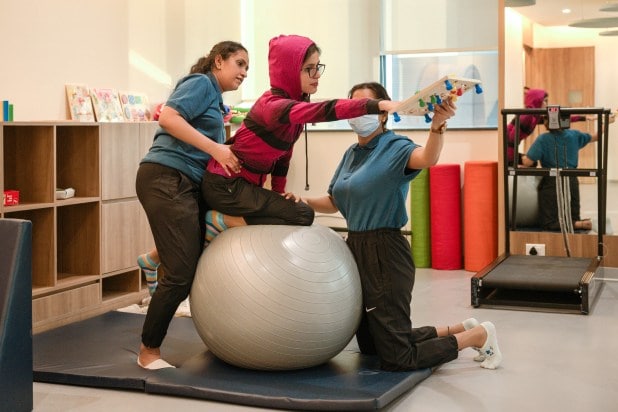
“When a person comes with a neurological disability it depends on when was the incident, how much is the brain damage, some patients come after three years, some come just within 15 days…if they come soon the training time is less and they recover faster. But if they are coming after a long time…therapies will work but it will take time,” he said.
One of the modern technologies deployed here is the End Effector-based machines, which allow patients to put in controlled efforts and slowly achieve mobility.
One unique facility that Atharv Ability offers is a dedicated home environment simulation space for training. According to Dr. Kenkre, this space, called Activity of Daily Living (ADL) supports patients’ daily lives and interactions with the environment, improving their functionality and cognitive abilities. Patients can learn how to integrate back into normal life with this training.
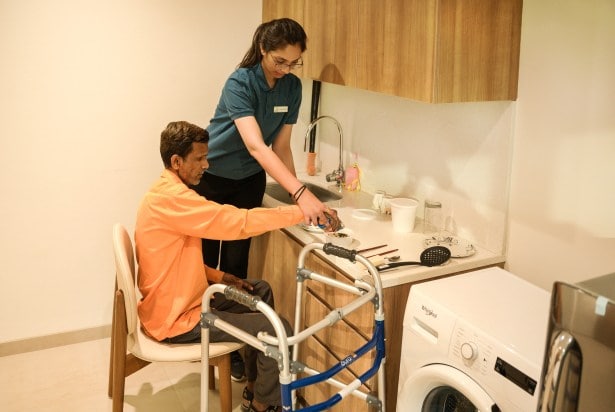
From modified cupboards to kitchen utensils, these facilities enable patients to live independently and efficiently despite the challenges of their disability.
“…They may not get completely normal but they can get independent in their functional activities because neurological disabilities don’t just affect the patient, it affects the whole family around them. So, they are dependent on the family so everything gets affected. So, the idea around neurological rehab is to make the person as much independent as possible,” Dr. Kenkre told Financial Express.com.
For patients relearning how to walk, the centre also has an aquatic therapy unit equipped with a state-of-the-art lift to transfer them safely into the water. Additionally, Atharv Ability offers a Paediatric Sensory Room, which helps calm down pediatric autistic patients and teaches them to focus through light stimuli.
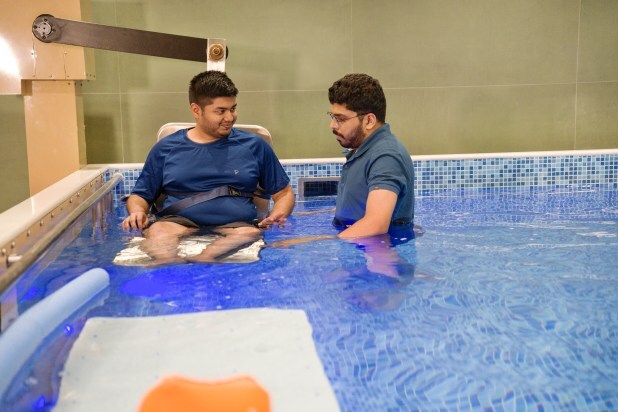
There is also a Pneumatic Gym available for neurologically disabled patients. This gym offers graded resistance, unlike traditional equipment, making it a functional option for those who need it.
The center offers comprehensive rehabilitation programs for a variety of conditions, ranging from stroke and traumatic brain injuries to Parkinson’s disease and cerebral palsy. The programmes are designed to support patients in a variety of ways, including physical therapy, robotics, and neuro physiotherapy for legs, gait, arms, hands, and fingers.
Additionally, the center offers functional gym facilities, pain management, aquatic therapy, speech therapy, cognitive behavioural therapy, and occupational therapy.
Atharv Ability also has a pediatric unit that offers neuro-rehab facilities for children. “There are pediatric conditions like late development milestones, ADHD, cerebral palsy…kids need neuro-rehab for such conditions. We have a trained team that caters to such patients,” Pani told Financial Express.com.
A normal session of 40-45 minutes, depending on the condition of the patients, costs around Rs. 1800. Meanwhile, the cost of a robotic session is around Rs. 3000.
